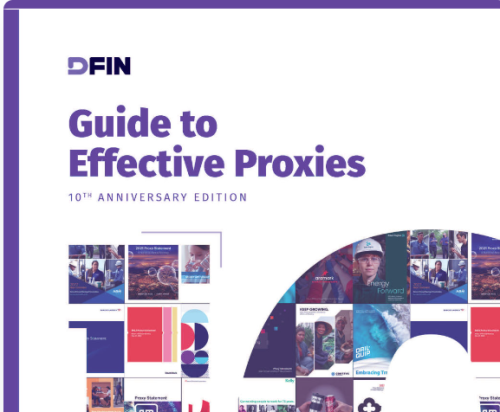Nearly 10 percent of FTSE 250 firms have no women on their board, notes 2015 Davies report
FTSE 250 constituents that have failed to appoint at least one woman to their board are likely to face tough times at their upcoming AGM.
Major asset managers such as Aviva, Old Mutual, Legal & General Investment Management (LGIM) and Hermes Equity Ownership Services are likely to reject company reports and accounts from firms with all-male boards, reports the Financial Times.
‘Since the introduction of the Davies report, LGIM has been engaging with FTSE-listed companies to try to improve diversity at board level,’ explains LGIM’s international ESG manager Clare Payn to IR Magazine. ‘LGIM believes a company with a diverse board will be more effective and can lead to better decision-making. The report was focused on FTSE 100 companies, but we believe FTSE 250 companies could also benefit from having more diverse boards so we have been engaging with these companies over the past year.’
‘To this end, LGIM will vote against the chairman at those FTSE 250 companies that still do not have female representation at board level, where engagement has been unsuccessful,’ Payn says. ‘However we would like to see continuing improvement of female board representation at FTSE 250 companies so from 2016 we will likely step up our voting for those companies where female representation at board level remains low. We will continue to engage on this important issue with all UK listed companies.’
Among the 23 firms featured are sportswear chain JD Sports, pub group Enterprise Inns, miner Petra Diamonds and investment trust Perpetual Income. Also on the controversial list is luxury shoemaker Jimmy Choo, which went public in October 2014, though the firm’s nine-member board did have a female representative until March 2014.
Paul Emerton, Old Mutual’s head of UK stewardship and governance, also voiced his concern to the FT over UK board members remaining ‘middle-aged, male and from a certain section of the population’, a proof that lessons from the financial crisis regarding ‘the strength diversity brings’ has not been fully understood.
If that 23-company total disappoints, however, it’s worth bearing in mind that the situation has greatly improved since the first report, which was commissioned by Vince Cable, the UK business secretary, in 2011. Indeed, the number of FTSE 250 firms with an all-male board has more than halved over the past year, decreasing from 48 in 2014 and 131 in 2011.
As of March 2015, women account for 23.5 percent of FTSE 100 and 18 percent of FTSE 250 board positions, an increase from 20.7 percent and 15.6 percent, respectively, in March 2013, and from 12.5 percent and 7.8 percent, respectively, four years ago.
In addition, all FTSE 100 firms now have at least one woman on their board compared with 21 four years ago, with some of the main index’s boards approaching gender parity: beverage major Diageo and hotel chain InterContinental top the chart for female board representation with more than 45 percent, followed by Admiral, Capita and Kingfisher, all above 40 percent.
Moreover, appointments of female board members are stepping up at both FTSE 100 and FTSE 250 companies: if the current trend seeing one third of new seats going to women continues, it seems Cable’s goal of 25 percent by 2015 might be reached by the end of the year.










